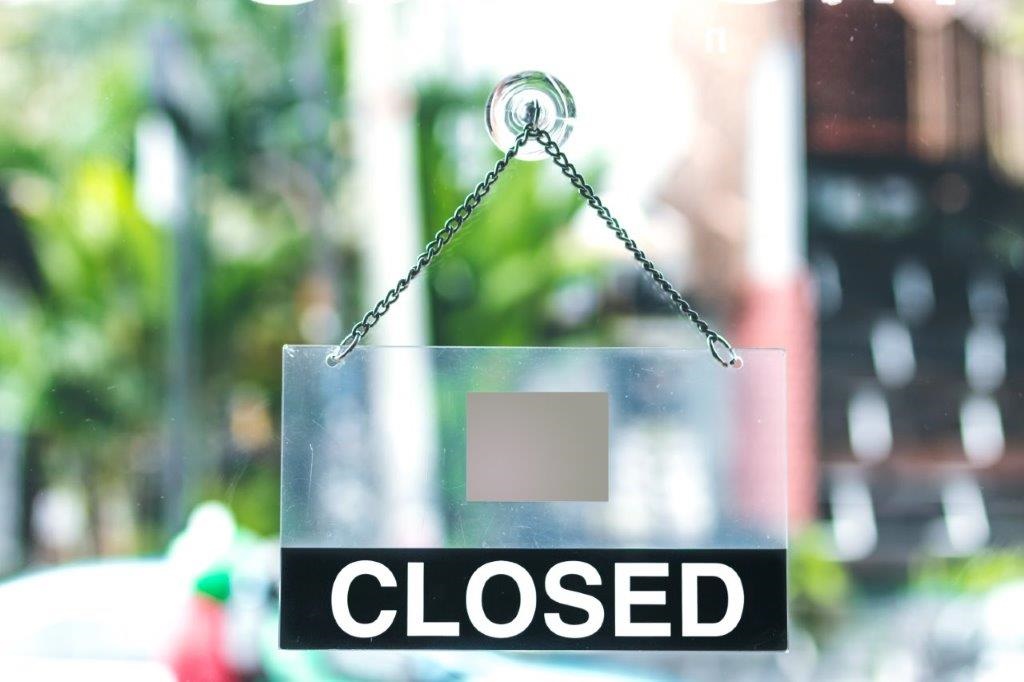The ongoing of the corona crisis has enormous economic consequences. Thanks to the support packages of the government, some entrepreneurs are just managing to survive, but a tidal wave of bankruptcies is expected in the near future. In order to prevent these bankruptcies, the Act on the Confirmation of Private Restructuring Plans (Wet Homologatie Onderhands Akkoord: ‘’WHOA’’), which came into effect on the first day of January 2021, may offer a solution.

In the agreement the company can offer a creditor to pay a part of the claim against final discharge. Once a sufficient number of creditors have agreed to the arrangement, the court can proceed to ratify (confirm) it. This gives the agreement a general effect and also binds the creditors and shareholders who have not agreed to the arrangements.
What is the advantage for the creditor?
For the debtor, the WHOA offers opportunities to still satisfy outstanding claims and avoid bankruptcy, but what is the advantage for the creditor? The agreement offers the creditor certainty that his claim will be paid, even if it is only half. If there is no agreement and the company has no choice but to file for bankruptcy, there is a chance that the creditor in question will have to join the back of the line and will not see any of his claim. Incidentally, the possibility of offering a settlement is not only in the hands of the debtor. Creditors, shareholders and works councils can also take the initiative to start a WHOA process. However, reaching an agreement and getting it approved takes some time, so it is important to decide on this solution at an early stage.

